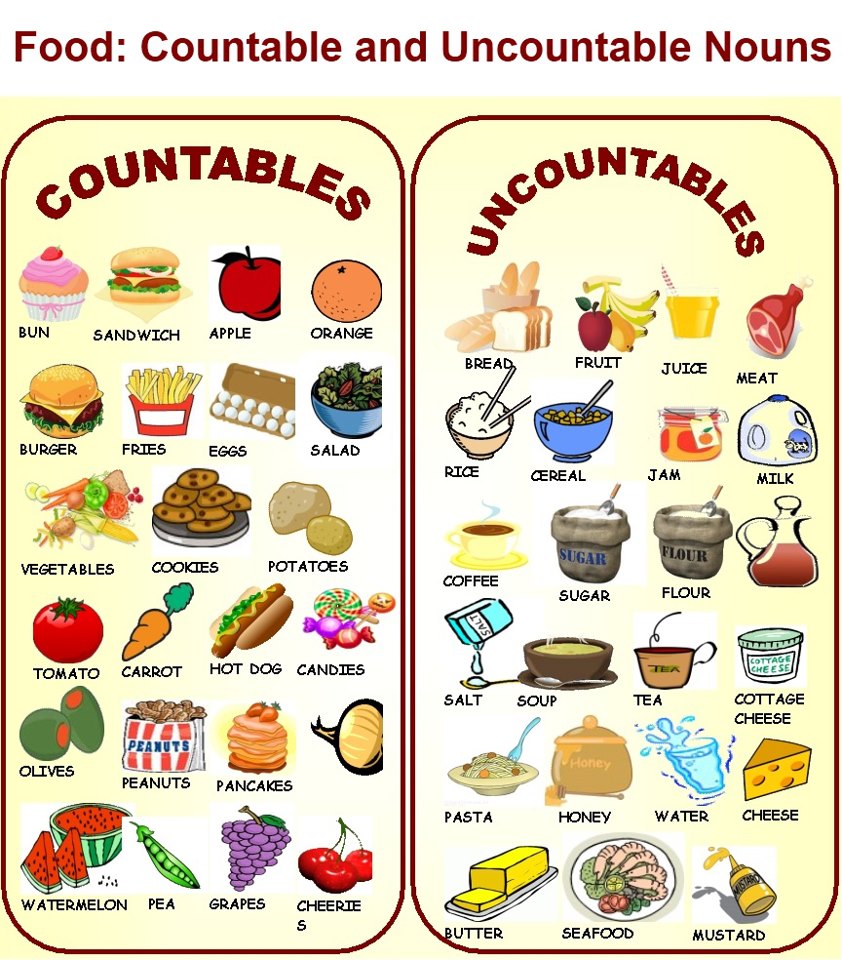some y any
uso de some and any
Modals (also called modal verbs, modal auxiliary verbs, modal auxiliaries) are special verbs which behave irregularly in English. They are different from normal verbs like "work, play, visit..." They give additional information about the function of the main verb that follows it. They have a great variety of communicative functions.
Here are some characteristics of modal verbs:
- They never change their form. You can't add "s", "ed", "ing"...
- They are always followed by an infinitive without "to" (e.i. the bare infinitive.)
- They are used to indicate modality allow speakers to express certainty, possibility, willingness, obligation, necessity, ability
Here is a list of modal verbs:
can, could, may, might, will, would, shall, should, must
Modal verbs are used to express functions such as:
- Permission
- Ability
- Obligation
- Prohibition
- Lack of necessity
- Advice
- possibility
- probability
Here is a list of modals with examples:
| Modal Verb | Expressing | Example |
|---|---|---|
| must | Strong obligation | You must stop when the traffic lights turn red. |
| logical conclusion / Certainty | He must be very tired. He's been working all day long. | |
| must not | prohibition | You must not smoke in the hospital. |
| can | ability | I can swim. |
| permission | Can I use your phone please? | |
| possibility | Smoking can cause cancer. | |
| could | ability in the past | When I was younger I could run fast. |
| polite permission | Excuse me, could I just say something? | |
| possibility | It could rain tomorrow! | |
| may | permission | May I use your phone please? |
| possibility, probability | It may rain tomorrow! | |
| might | polite permission | Might I suggest an idea? |
| possibility, probability | I might go on holiday to Australia next year. | |
| need not | lack of necessity/absence of obligation | I need not buy tomatoes. There are plenty of tomatoes in the fridge. |
| should/ought to | 50 % obligation | I should / ought to see a doctor. I have a terrible headache. |
| advice | You should / ought to revise your lessons | |
| logical conclusion | He should / ought to be very tired. He's been working all day long. | |
| had better | advice | You 'd better revise your lessons |
 do we use much and when many?
do we use much and when many?

